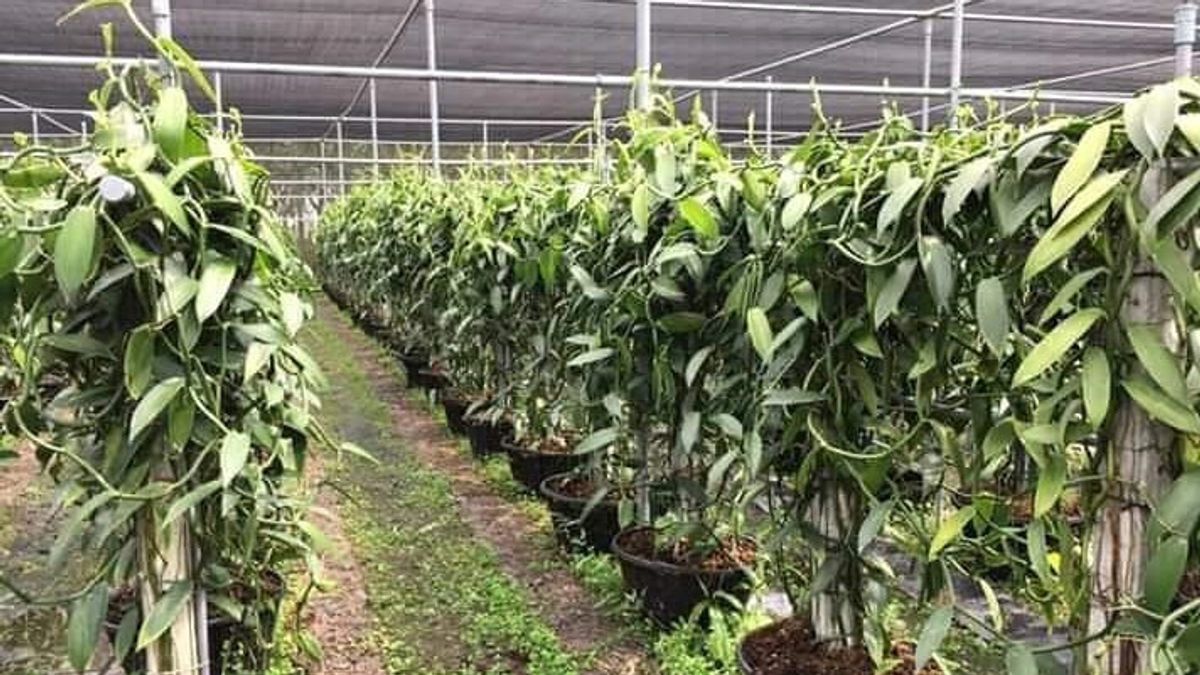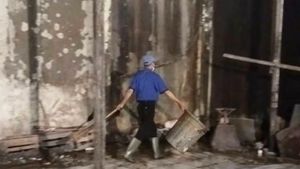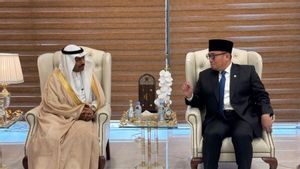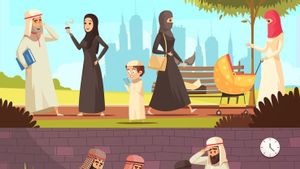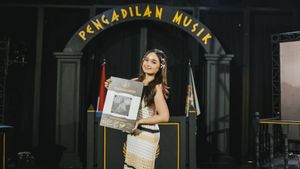JAKARTA - Today's history, 37 years ago, December 21, 1985, President Soeharto supported him to become an export commodity. He also instructed the Minister of Youth Affairs for Increasing Hard Plant Production, Hasjrul Harahap to look for areas other than Bali for the development of herbal plants.
Suharto made this effort because he was from Indonesia able to compete in the international market. Previously, Suharto was known as a leader who often promoted the agricultural sector with his policies.
Suharto never regretted being born as a farmer's son. He considered it a form of pride. This is because the experience of being a farmer's child is a valuable lesson when Suharto served as Indonesia's number one person.
He is transformed as a person who is able to advance the world of agriculture in the country. There are no plans. He also prepared supporting facilities to the center for human resource development. Everything was done by Suharto and the New Order (Orba) with full seriousness.
Suharto's experience as a farmer's child was fully used. This experience also made him know about the upstream and downstream problem of agriculture. He was able to formulate various kinds of policies suitable for agriculture.
Perseverance in advancing the agricultural sector finally paid off in the 1980s. Indonesia can be transformed into one of the largest rice importers in the world. This fact proves that Suharto's teachings to build a tested agricultural world.
Some of Suharto's achievements that need to be printed thick are his success in achieving food self-sufficiency, socializing Disaster Families (KB), and building housing for the people. Food success through self-sufficiency, even echoing throughout the world.
After decades as the largest rice importing country in the world, in 1984 or 17 years after Suharto occupied the presidency Indonesia was able to meet its own rice needs, with a production of 25.8 million tons. Compared to the early days of the New Order, which was only 12.2 million tons, it was written in the Republika Daily as compiled by Sugiono MP in the book Selamat Jalan Pak Harto (2008).
Instead of just being satisfied with developing rice commodities, Suharto also developed other commodities. Vanili, for example. This plant, which is often used as a food fragrance, is seen as having great potential to reach the niche of the international market.
The export value is high. He also wants to prepare a policy to support the growth and development of▁alamfat plants in the country. Suharto immediately instructed the Minister for Youth Affairs to Improve Hardman Production, Hasjrul Harahap, to look for potential areas to plant on December 21, 1985.
The President of Suharto, Saturday, December 21, 1985, instructed the Minister of Youth Affairs to Improve Hard Plant Production Hasjrul Harahap to look for areas other than Bali to develop situated plants. He revealed this after seeing the success of the island of Bali in the production sector.
1984 Bali's sales were recorded at 361 tons and the price was USD 65-68 per kilogram, with the export value of Bali's shopper from January to December 1985 recorded USD 3.7 million. Bali's success in developing sales due to suitable climate production, farmers' perseverance, local social systems, in addition to the large enough interest of farmers, was also driven by a fairly good international market, and direct relations abroad from Denpasar," wrote ABRI's January 1986 edition of the work permit.
The English, Chinese, Japanese, Arabic, and French versions are automatically generated by the AI. So there may still be inaccuracies in translating, please always see Indonesian as our main language. (system supported by DigitalSiber.id)
